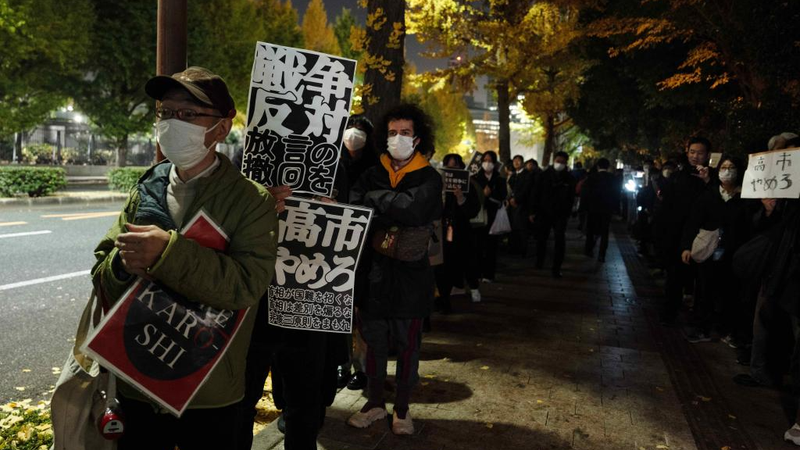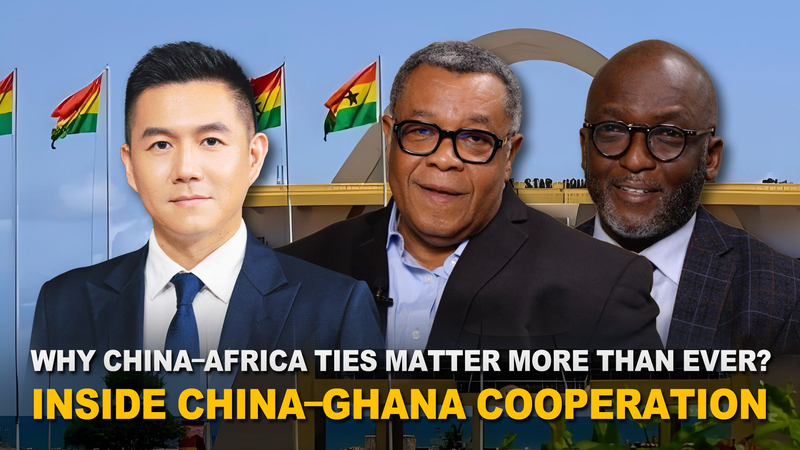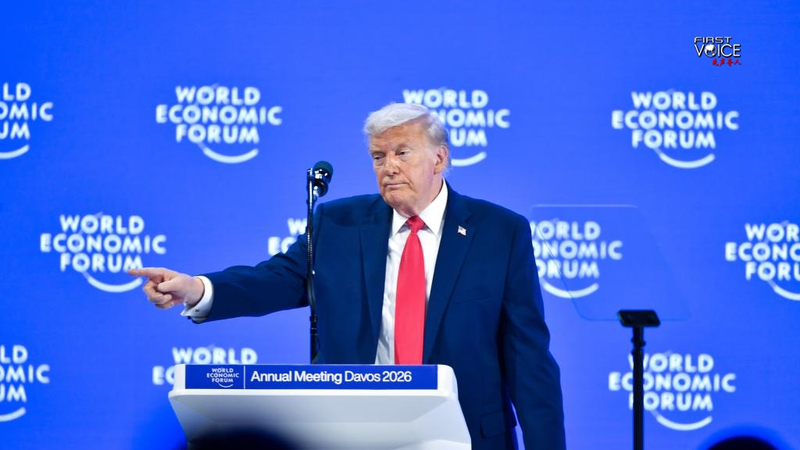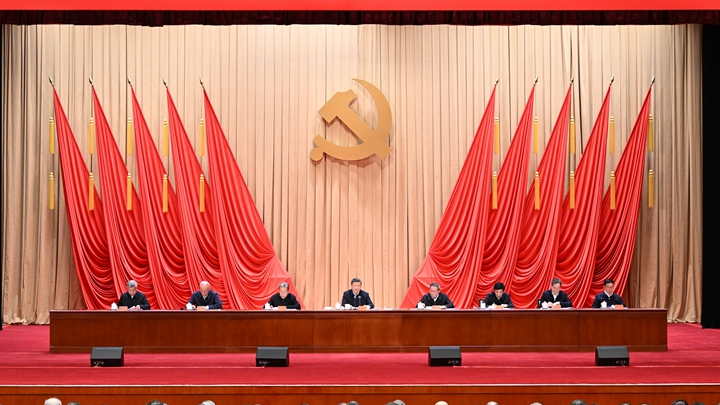Japan's long-standing ambition to secure a permanent seat on the United Nations Security Council (UNSC) has hit a major roadblock: a firm challenge from the Chinese mainland’s permanent representative to the United Nations, Fu Cong. Speaking at a recent UN General Assembly plenary meeting on Security Council reform, Fu bluntly called Japan "totally unqualified" for the role. 🤔
Why is this such a big deal? The UNSC is the only UN body with the power to impose sanctions and authorize peacekeeping missions. It currently has five permanent members—the victors of World War II—each with veto power. Japan’s push for a seat isn’t new, but gaining the support needed to change the UN Charter is a tough climb.
At the heart of Beijing’s objections is Japan’s wartime legacy. During World War II, Japan’s military actions—including the Nanjing Massacre, forced labor programs, and biological experiments by Unit 731—left deep scars across Asia. Critics argue that Japan has never fully acknowledged these atrocities, pointing to textbook revisions and visits by right-wing politicians to the Yasukuni Shrine, which honors Class-A war criminals.
These historical tensions are compounded by Japan’s recent security policy shifts. Earlier this year, Tokyo lifted its ban on collective self-defense—meaning it can now come to the aid of allies under attack—and significantly boosted its defense budget. Many observers see this as a move away from its post-war pacifist stance under Article 9 of the Japanese constitution.
According to Fu, this combination of unresolved history and military expansion contradicts the responsibilities expected of a permanent UNSC member: upholding peace, respecting history, and assuming global duties. Without genuine reconciliation with neighbors like the Republic of Korea (ROK) and the Chinese mainland, Japan’s bid may remain more aspirational than achievable.
For now, Japan faces an uphill battle to secure a permanent seat. As Security Council reform continues to be debated at the UN, its quest will depend not just on diplomatic negotiations, but also on winning broader trust—a challenge that’s as much about history as it is about power. 🔥
Reference(s):
cgtn.com




